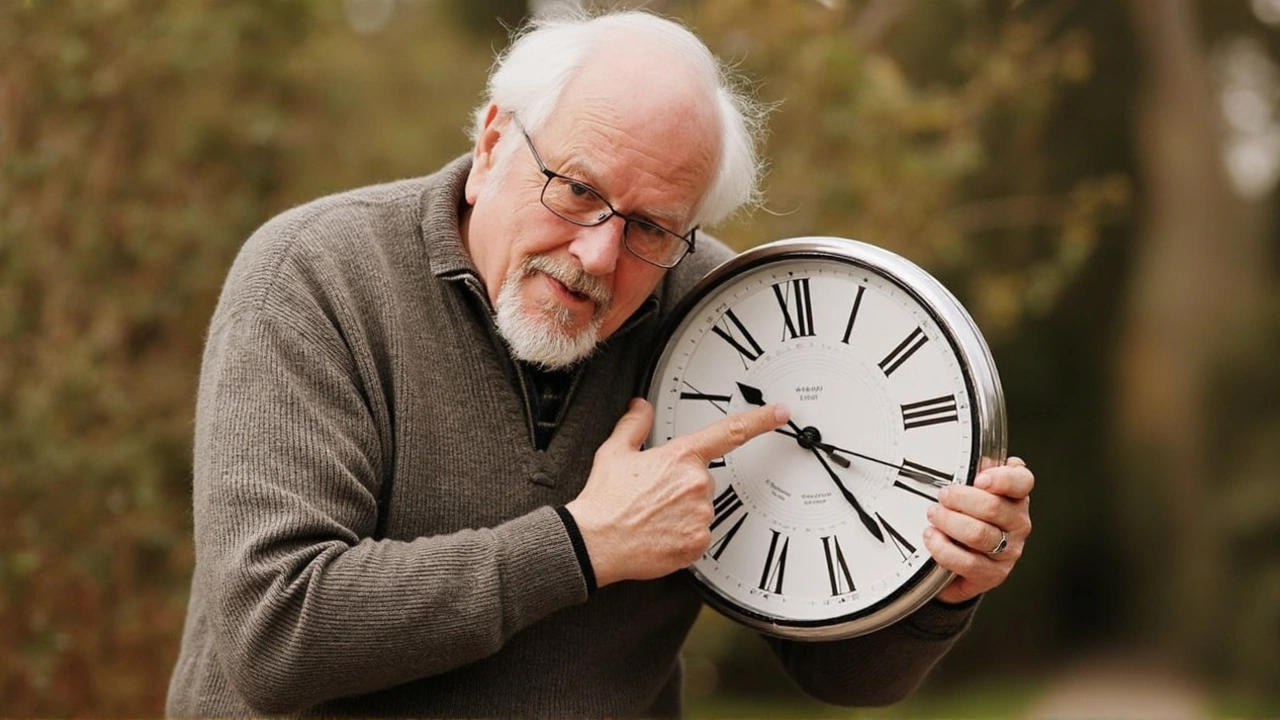UK Clocks Change: Dates, Reasons and Easy Adjustment Tips
Every year the UK flips its clocks twice – once in spring and once in autumn. It might sound like a small hassle, but it actually touches everything from your commute to your sleep. Knowing the exact dates and a few quick tricks can save you from the usual grogginess and missed appointments.
Spring Forward: What Happens in March
On the last Sunday in March the clocks jump forward one hour at 1 am GMT, turning into British Summer Time (BST). In 2025 that will be Sunday, 30 March. The idea is to make better use of daylight, which means evenings stay bright later.
What does this mean for you? First, any timers – coffee makers, lights, heating – need a quick check. Most smartphones update automatically, but older devices and wall clocks won’t. If you leave them unchanged you could end up 60 minutes late for work or miss a train.
A handy tip: set an alarm the night before to remind yourself to change the clocks. If you have a smart plug, program it to shift an hour ahead so your lights turn on at the new sunset time automatically.
Fall Back: What to Expect in October
Come the last Sunday in October the clocks go back one hour at 2 am BST, returning to GMT. In 2025 that falls on Sunday, 26 October. You gain an extra hour of sleep – a small win, but it can also throw off your body clock.
When the hour repeats, any digital recordings (like security footage) will show a “duplicate” hour. If you rely on timestamps, double‑check your logs after the change.
To keep the extra hour useful, try going to bed a bit earlier the night before. Light exposure matters: get sunlight in the morning to help reset your rhythm, and dim lights in the evening to signal that bedtime is near.
Overall, adjusting your routine just a day or two before the change makes the transition smoother. A short walk in the morning light, a steady bedtime, and a quick glance at your clocks will keep you on track.
Whether you’re a commuter, a student, or just someone who hates feeling out of sync, a little preparation goes a long way. Mark the dates in your calendar, set a reminder, and enjoy the extra evening light in summer and the bonus hour in autumn without the usual hassle.
